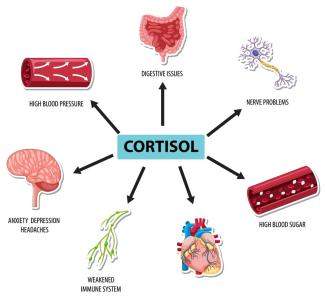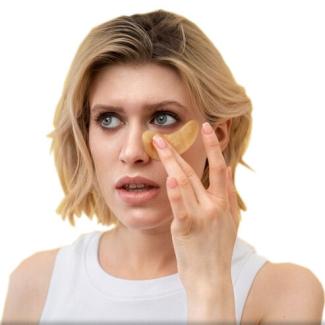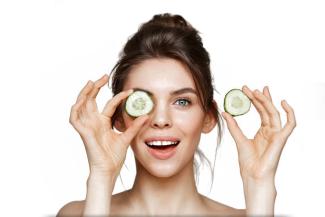
Red eyes can be caused by various factors, including allergies, dryness, fatigue, or irritation. While natural remedies can help alleviate redness, it's essential to identify the underlying cause and address it. Here are some natural ways to reduce red eyes:
- Artificial Tears: Over-the-counter lubricating eye drops can help relieve redness caused by dry eyes. Use preservative-free eye drops, as they are less likely to cause irritation.
- Warm Compress: Apply a warm compress to your closed eyes for a few minutes. This can help increase blood circulation and reduce redness, especially if it's due to tired or strained eyes.
- Cold Compress: In cases of redness caused by allergies or irritation, a cold compress can help reduce swelling and redness.
- Cucumber Slices: Chilled cucumber slices placed on closed eyes can have a soothing and anti-inflammatory effect. Leave them on for about 10 minutes.
- Tea Bags: Use cold, damp tea bags (chamomile or green tea) on your closed eyes for a few minutes. Tea has anti-inflammatory properties that can reduce redness.
- Rosewater: Soak a cotton ball in rosewater and gently place it over your closed eyelids. Rosewater can help reduce irritation and redness.
- Aloe Vera: Apply a small amount of pure aloe vera gel around the eyes. Aloe vera has soothing and anti-inflammatory properties.
- Maintain Proper Hydration: Dehydration can lead to dry eyes, so make sure you're drinking enough water throughout the day.
- Avoid Allergens: If your red eyes are due to allergies, try to identify and minimize exposure to allergens. This may include pollen, dust, pet dander, or certain foods.
- Blink Regularly: If you spend a lot of time in front of screens, make an effort to blink more often to keep your eyes lubricated.
- Reduce Eye Strain: Take frequent breaks from screens, adjust screen brightness and contrast, and make sure your workspace is well-lit.
- Good Sleep: Ensure you get adequate sleep to prevent tired and red eyes.
- Maintain a Healthy Diet: A diet rich in vitamins and antioxidants can promote eye health. Include foods like carrots, spinach, and salmon.
If your red eyes persist or worsen, consult with a healthcare professional or eye specialist. It's essential to rule out any underlying eye conditions that may require medical treatment. Additionally, if you experience severe pain, vision changes, discharge, or other concerning symptoms, seek medical attention promptly.






